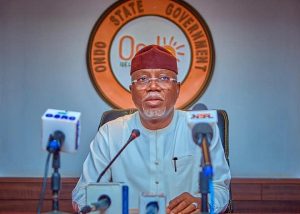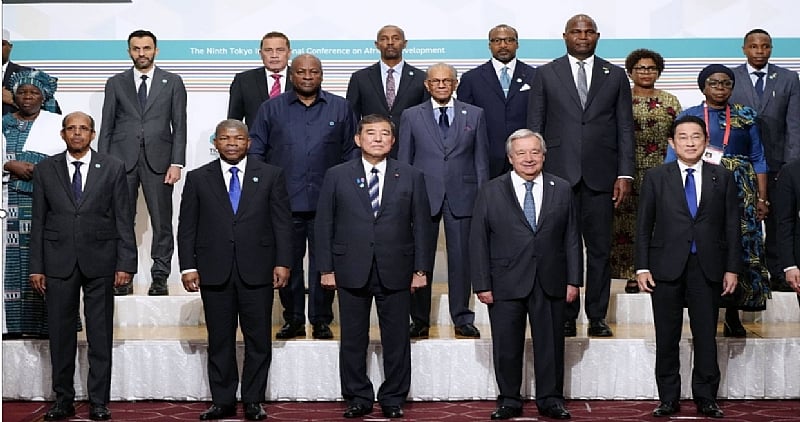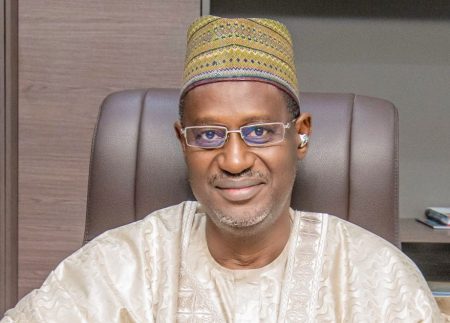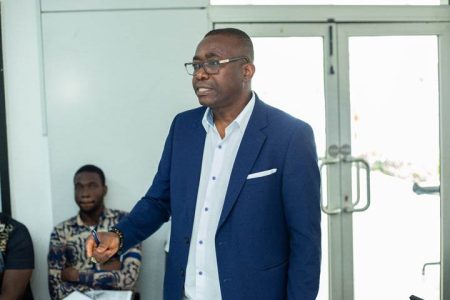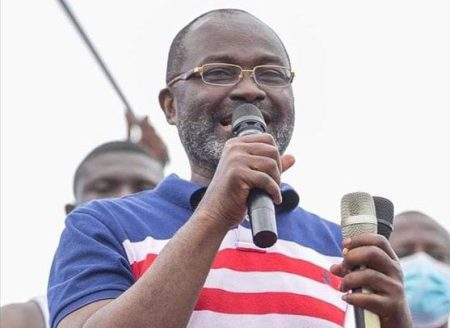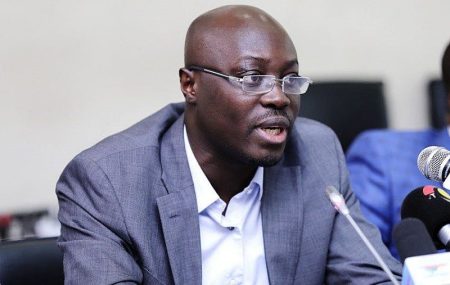The ninth Tokyo International Conference on African Development (TICAD 9), held in Yokohama in August 2025, served as a crucial platform for redefining the relationship between Japan and Africa, transitioning from traditional aid dynamics to a more equitable partnership focused on co-creation and mutual benefit. Against a backdrop of shifting global power dynamics, with waning US influence and a rising China, the conference underscored Africa’s growing strategic importance in the world economy. Representatives from 49 African nations, along with key figures from the African Union and the United Nations, convened to address Africa’s developmental challenges through the lens of Japanese technological innovation. The conference signified a departure from the conventional donor-recipient model, emphasizing collaboration and shared responsibility in shaping solutions for a sustainable future.
TICAD 9 showcased Japan’s renewed commitment to Africa’s development, moving beyond traditional aid frameworks. Prime Minister Shigeru Ishiba unveiled the “Indian Ocean–Africa economic zone” initiative, designed to bolster trade and investment between Japan, India, the Middle East, and Africa. This initiative reflects Japan’s recognition of Africa’s potential as a vital economic partner. Furthermore, Japan pledged a substantial $5.5 billion loan facility, channeled through the African Development Bank, to support sustainable development programs and alleviate debt burdens across African countries. Recognizing the importance of human capital development, Japan also committed to training 30,000 Africans in Artificial Intelligence (AI) over the next three years, empowering the continent’s youth with future-proof skills for the digital age and fostering job creation.
A central theme of TICAD 9 was the acknowledgement of Africa’s increasing influence in the global economic landscape. The conference moved beyond the outdated notion of Africa as a passive recipient of aid, recognizing the continent’s potential to contribute innovative solutions to global challenges. The call for co-creation, a collaborative approach to problem-solving that leverages both African expertise and global resources, emerged as a key takeaway from the conference. This shift represents a move away from the imposition of Western-centric solutions, emphasizing instead the development of locally adapted strategies that address the specific needs and realities of African nations.
The conference highlighted the need for Africa to assume a more prominent role on the global stage, advocating for greater representation and influence in international decision-making processes. The lack of a permanent African seat on the UN Security Council was identified as a significant injustice, hindering the continent’s ability to address pressing global security concerns. Furthermore, Africa’s chronic underrepresentation in the international financial system continues to restrict access to affordable capital and impede development. The call for a restructuring of this Western-centric financial architecture underscores the need for a more equitable and inclusive system that empowers developing nations and promotes sustainable growth.
TICAD 9 also served as a catalyst for increased private sector engagement in Africa. Japanese companies expressed strong interest in expanding their investments on the continent, with Degas Limited announcing a $100 million investment in an AI-powered agricultural hub in Ghana. This initiative aims to empower smallholder farmers with technology-enabled skills, promoting precision agriculture and improving crop yields. Such targeted investments have the potential to generate employment opportunities, particularly for youth and women, and contribute to sustainable agricultural development. However, the conference also stressed the importance of moving beyond short-term interventions and fostering sustainable, long-term partnerships between private sector investors and African research institutions. This collaborative approach ensures that deployed technologies are adapted to local contexts and contribute to lasting impact.
The conference underscored the significance of the African Union’s Agenda 2063, a strategic framework for inclusive and sustainable development driven by African leadership and vision. Japan’s endorsement of Agenda 2063 reinforces the importance of African-led initiatives and empowers the continent to shape its own destiny. The framework envisions an integrated, prosperous, and peaceful Africa that plays a dynamic role on the global stage. TICAD 9, against the backdrop of global uncertainties and challenges, provided a platform for Africa to amplify its voice and contribute to shaping a more sustainable and equitable future. The conference served as a call to action for Africa to claim its rightful place in the international community, partnering with Japan and other nations to address shared global challenges and build a more prosperous future for all.




